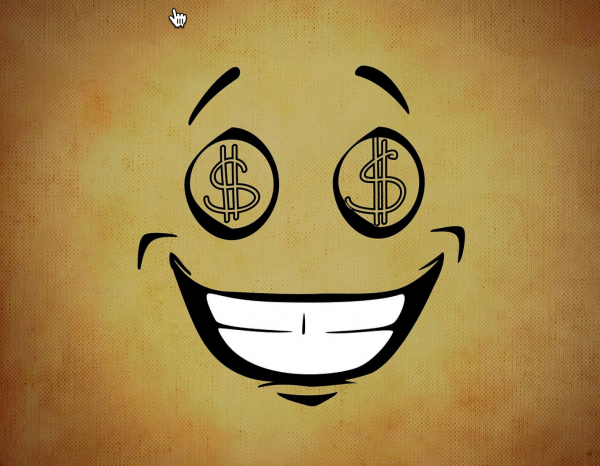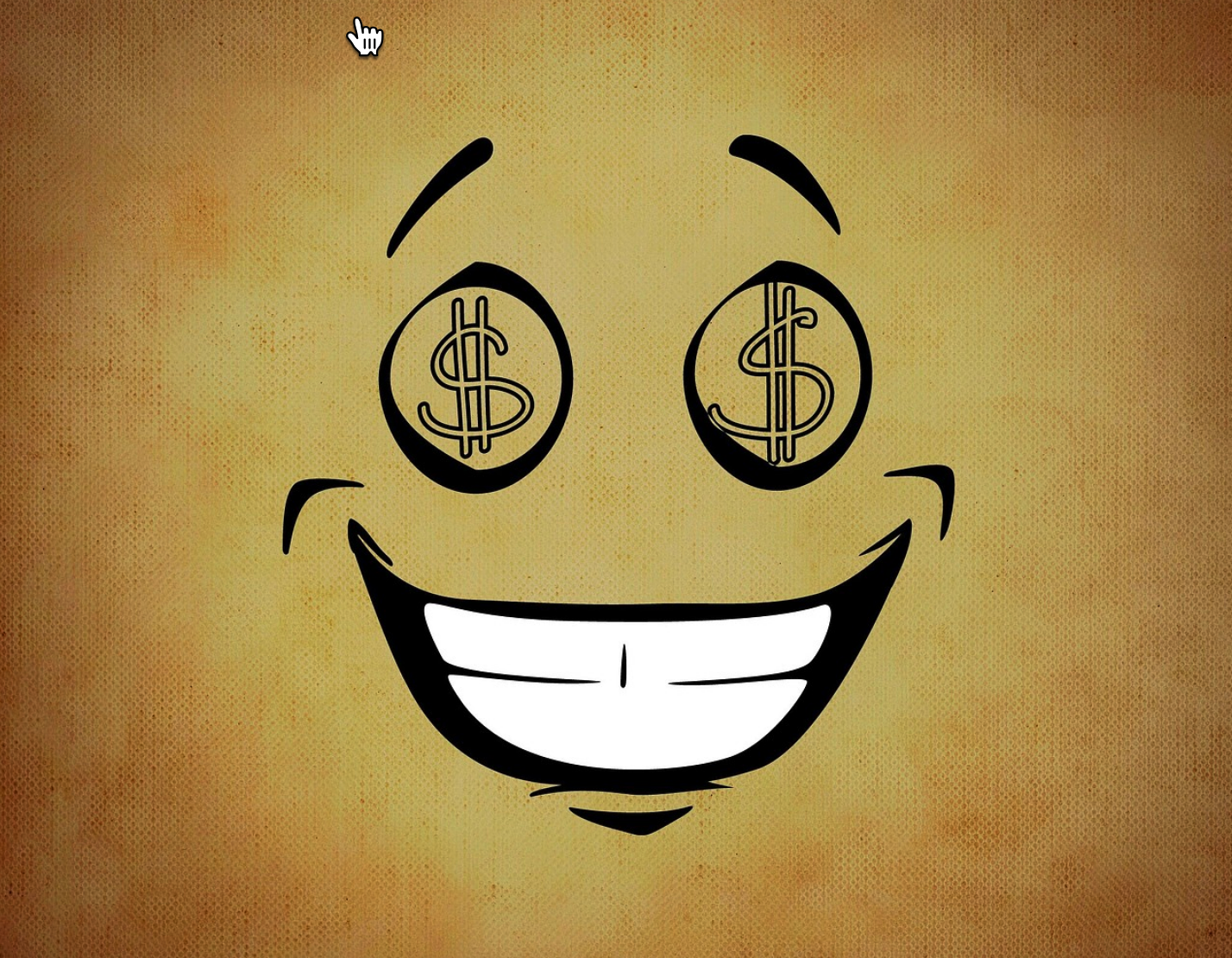 What gives you a sense of meaning and purpose in life? That may seem like a very unusual question, but I believe that it is a very important one considering how deeply unhappy our society currently is. Everyone needs a reason to get out of bed in the morning, because there wouldn’t seem to be much point to living a life that was completely void of meaning and purpose. So what motivates most Americans to do what they do? Well, a new survey that was just released by the Pew Research Center has some rather startling results. When people were asked an open-ended question about what gives them a sense of purpose and meaning in life, 69 percent mentioned family, 34 percent mentioned career, 23 percent mentioned “money” and only 20 percent mentioned faith.
What gives you a sense of meaning and purpose in life? That may seem like a very unusual question, but I believe that it is a very important one considering how deeply unhappy our society currently is. Everyone needs a reason to get out of bed in the morning, because there wouldn’t seem to be much point to living a life that was completely void of meaning and purpose. So what motivates most Americans to do what they do? Well, a new survey that was just released by the Pew Research Center has some rather startling results. When people were asked an open-ended question about what gives them a sense of purpose and meaning in life, 69 percent mentioned family, 34 percent mentioned career, 23 percent mentioned “money” and only 20 percent mentioned faith.
In other words, Americans find more meaning and purpose in life from money and from their careers than they do from faith.
Wow.
I have previously written about the stunning decline in church attendance in America, but I still would have figured that more than 20 percent of all Americans would mention faith when discussing what gives them a sense of meaning and purpose in life.
And the question was not limited to just one answer. If you will notice, the combined total for just the top four answers was well over 100 percent. So respondents could have actually chosen to mention as many factors as they would have liked.
But only 20 percent mentioned faith at any point during their answers.
As you can probably guess, conservatives were far more likely to mention faith than liberals were…
Spirituality and faith are commonly mentioned by very conservative Americans as imbuing their lives with meaning and fulfillment; 38% cite it in response to the open-ended question, compared with just 8% of very liberal Americans – a difference that holds even when controlling for religious affiliation.
That is a huge gap, and I think that it helps to explain some of the division that we are witnessing in our nation right now.
Of all of the religious groups, the survey found that evangelical Protestants were the most likely to mention faith in their answers…
Spirituality and religious faith are particularly meaningful for evangelical Protestants, 43% of whom mention religion-related topics in the open-ended question. Among members of the historically black Protestant tradition, 32% mention faith and spirituality, as do 18% of mainline Protestants and 16% of Catholics.
Millions of Americans find a sense of meaning and purpose in the Christian faith, but so many others have been burned by hypocritical religious leaders that do not live out what they supposedly believe.
For example, check out what just happened in San Francisco…
San Francisco police on Tuesday announced a sweeping child-porn bust that netted five suspects, including the senior pastor at a Sunset District Lutheran church who allegedly possessed hundreds of pictures and videos of children engaged in sexual acts and was sharing them on social media.
The suspect, the Rev. Steven Sabin, 59, is senior pastor at Christ Church Lutheran on Quintara Street, where he has been since 2001, according to the church’s website. Church officials did not return multiple phone calls or messages.
Nobody wants that kind of sick behavior from our faith leaders.
But just because there are some really bad people out there, does that mean that Americans should abandon faith altogether?
In “Living A Life That Really Matters”, I lay out a blueprint for what a truly faith-filled life can look like. There is a reason why hundreds of millions of people around the world find meaning and purpose in the Christian faith, and no matter what has happened in the past, God can take the broken pieces of your life and turn them into a beautiful thing.
If your meaning and purpose come from your career and your bank account, what happens when you lose your job and your money dries up?
Or if your meaning and purpose come from family and friends, what happens when they let you down?
People change, and so do circumstances. And if you allow your sense of meaning in life to be based on such temporal things, it is a recipe for disaster.
Today, Americans are more anxious than ever before. The following comes from an outstanding article for The Week by Damon Linker entitled “American Anxiety”…
The United States is a country consumed by anxiety. This has been true for a very long time. But it’s getting worse.
Be honest: You sense it in yourself. The vague mist of worry that always lurks in the background, ebbing and flowing through the day, the sense of creeping inadequacy that prompts you to work ever-harder. You can detect it in the agitated drive to do ever-more to protect those you love from an endless stream of dangers and threats — and in the urge to keep up with friends, acquaintances, and news online during almost every waking moment, perhaps even crowding out sleep, making it impossible to settle down or drive away the subtle sensation of insufficiency.
And Linker also shared some statistics to back up his bold assertions…
Nearly one-third of adolescents and adults suffer from some form of anxiety disorder, according to the National Institute of Mental Health. A poll released in May by the American Psychiatric Association, meanwhile, found that 39 percent of respondents were prepared to describe themselves as more anxious than they were just a year ago. Another 39 percent say they are equally anxious, while only 19 percent feel less anxious now than they did in the recent past.
Right now, more Americans are on anti-depressants than ever before in our history, and the suicide rate has risen 34 percent since the year 2000.
What we have been doing is clearly not working.
We desperately need a different path as a nation, and let us hope that people start waking up while there is still time to do so.
About the author: Michael Snyder is a nationally syndicated writer, media personality and political activist. He is publisher of The Most Important News and the author of four books including The Beginning Of The End and Living A Life That Really Matters.
